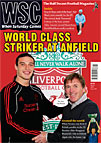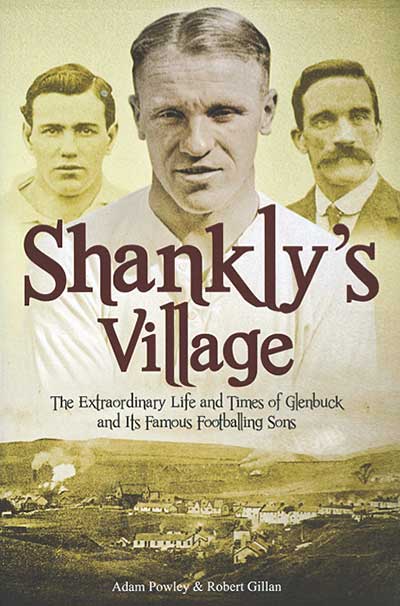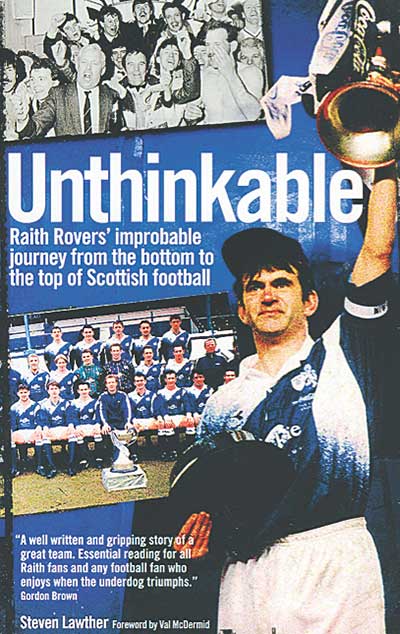 Gordon Strachan is gone and Darren Ferguson has been sacked. But while these two clubs plod on through deeply disappointing seasons a single point is useful to neither, writes Harry Pearson
Gordon Strachan is gone and Darren Ferguson has been sacked. But while these two clubs plod on through deeply disappointing seasons a single point is useful to neither, writes Harry Pearson
Opta produce an impressive array of football statistics designed to help professionals analyse the game. One thing the stat-collectors ignore, however, is the number of times the blokes behind you yell “Show some passion”, “Where’s your pride in the jersey?” or simply “Jesus Christ, man”. Though it’s hard to know for sure, I have a feeling this might prove a more reliable guide to what has really transpired in a match than a possession pie chart and a bar graph comparing pass completion.
The blokes behind me in the North Stand at the Riverside stadium are the sort of grizzle-gizzarded, gravel-voiced 40-something gang whose belligerent community spirit was once summarised by a friend of mine as: “Let me buy you a pint, or I’ll kick your teeth in.” Nick Hornby observed that a football crowd is “always teetering on the edge of rage”. That was in north London. This is Teesside. These people stopped teetering long ago. The first exasperated howl of “You bag of shite”, directed at Boro’s Kris Boyd, comes after 90 seconds. Some may feel this is indecently hasty and unfair, but only those who have not watched the former Rangers striker in what passes
for action.
The lumbering forward was apparently on the shopping list of the new owners of Blackburn Rovers. Possibly Venky’s were planning to dust him in breadcrumbs and deep fry him. If they had it would barely have affected the Scot’s mobility. “I wouldn’t pay him in washers,” a friend says at half-time, evoking the spirit of everyone’s dad, who would also “not have opened the curtains to watch this rubbish if they were playing in the back garden” either.
At the start of the season few pundits or fans would have picked this fixture as a relegation dogfight, but things haven’t quite worked out as forecast. Gordon Strachan has stalked out of the manager’s office at the Riverside leaving behind an expensively assembled squad of players – predominantly from Scotland – who seem more adept at picking up injuries than points. His successor, local hero Tony Mowbray, seems to have arrested the slide, though not dramatically enough to make anyone aspire to anything grander than mid-table mediocrity.
At Deepdale just after Christmas Boro showed sparks of life, hammering a struggling Preston 3-1. It was a result that precipitated the firing of North End boss Darren Ferguson, after less than a year in charge, and some predictably scathing comments from his father. Since then Mowbray’s team have steadily improved and come into today’s game unbeaten in four league matches that have seen them draw with promotion hopefuls Norwich and Leeds. Preston, meanwhile, have hit a run of form that has left them marooned at the bottom. The hasty departure of the mighty Jon Parkin the moment the transfer window opened in January added to the sense of foreboding.
Despite Boro’s mini-revival there’s still a lot of raw emotion in the cold, damp air of Middlehaven. David Wheater, a centre-back in the Mowbray mould, has just been sold to Bolton for £2 million. He’s yet another product of the famous youth system to be sold off, joining Adam Johnson, Stewart Downing, Lee Cattermole and James Morrison. At Watford another former Boro youth-teamer, Danny Graham, has hit 18 goals so far this season, more than the whole current Boro forward line put together. Maybe that’s why there is grumbling that things are slipping out of control and talk of the dark days of the mid-1980s.
It’s something newly installed Preston boss Phil Brown seems to have tapped into. Earlier in the week he’d suggested that Boro are in such dire financial straits the players haven’t been paid. Preston North End’s hierarchy have offered an apology and Brown has retracted his remarks. “He’s trying to play Fergie-style mindgames,” someone remarks in the pub before the match, “only he hasn’t got a mind.” The blokes behind me are less subtle. “Sit down you tangerine Mackem twat,” one of them roars as Brown remonstrates with the referee about some minor infringement.
As the first half wears incoherently on, the blokes behind me get ever more irate. Spectators sitting near them start to find alternative seating (and there’s plenty available). “I’m here to support my team and I’m going to fucking support them,” one of the men bellows as an elderly couple decide to move a few rows further down to avoid being deafened by the outrage. “You should get behind the…” one of his mates growls in support, breaking off to howl “Use your flaming eyes, you Jock get” at Barry Robson, who has failed to spot his team-mate Tony McMahon on the right.
I am too overcome with torpor to go anywhere. I’ve paid £26 to sit in a seat where my view of the opposite penalty area is blocked by the crossbar. Boro are attacking at the opposite end of the field. Or at least I think they are attacking. The lack of elevation has limited my perspective. When Nicky Bailey collects the ball and advances, I have no idea whether he is 40 yards or 20 yards from goal. “Get a fucking shot off,” the blokes behind me roar, but that is hardly proof of anything.
Eventually Bailey does shoot – the highlights reveal it is from 30 yards or so – Andy Lonergan in the North End goal dives to his right to save and then leaps back up again to thwart Leroy Lita’s effort from the rebound. A long shot from Paul Parry that Jason Steele tips round the post is Preston’s best effort and it’s perhaps a summary of how things have been that the four teenage boys sitting in front of me get up and go to queue for burgers in the 35th minute.
At half-time I move to another seat near the back of the stand. Perhaps it’s the better view or the better company, but the game seems to improve immeasurably in the second period. After an hour Boro bring on “Magic” Marvin Emnes for the ponderous Boyd. The Dutchman is all pace and movement, flicks and tricks. He looks like a genius, but when he’s put clear through on goal, to the left of the penalty spot, he somehow manages to slice his shot ten yards wide of the far post and you see why Sparta Rotterdam didn’t fight to keep him.
His presence, along with that of the neat and industrious Julio Arca, a half-time replacement for Robson, livens Boro up, though. The passing is neat and slick, and invariably ends up with right-back Tony McMahon firing in a cross. Preston, for whom former Middlesbrough loanee Sean St Ledger has a decent game, deal with most of them comfortably enough, however, and when they don’t Boro’s players end up getting in each others way. “No one’s gambling on the near post,” you find yourself saying, like you were Alan Shearer, or something.
In the 71st minute Boro centre-back Matthew Bates – another youth academy product and a senior figure these days after what seems like years out following a run of bad luck with knee injuries – gets the ball just inside the Preston half. He slips through or around practically the entire visiting midfield and, then, perhaps mindful of his forwards’ frailties, elects to slap a shot at goal from the edge of the box. There’s not much pace to it, and it’s only a yard or so to Lonergan’s right, but the keeper misjudges his dive hopelessly and the ball squeezes under him and into the net.
Boro are ascendant now and Lita has a chance to kill the game off when Joe Bennet’s cross reaches him four yards out. He sidefoots the ball goalwards, but Lonergan somehow gets across to block – a brilliant save that, alongside the double stop in the first half, makes his dismal effort with Bates’s goal all the more puzzling.
Middlesbrough knock the ball around after that without really creating any chances. They seem content to play out time. They’ve shown an inability to finish off teams and retain a knack of conceding late goals that’s hung around since Gareth Southgate was in charge. Understandably the crowd become anxious. “Too deep. Too deep” people around me scream as Boro drop back onto the edge of their box whenever Preston get the ball. With two minutes of the game remaining Conor McLaughlin breaks down the right for the visitors and whips in a cross. In the Middlesbrough goal, Steele hesitates, half comes for the ball and then darts back again. He’s disoriented when North End centre-half Billy Jones stoops to head towards goal, and the ball bounces past his flailing legs and into the net.
For a moment I experience that familiar sense of disbelief that inevitably comes in the silence filling the gap between a visiting team scoring and the angry yelling of the home support when reality sinks in. As the outrage bursts out around me, Brown runs onto the field, turns around and raises his arms in triumph towards the Preston directors in the West Stand. “Where’s your sunbed gone?” the North Stand chants as the Preston boss is ordered back into his technical area by the fourth official.
Brown is unabashed. He seems to relish his role as villain in the Championship pantomime. Well, it’s the spotlight, I suppose. Preston remain bottom, Boro are five places above them. In 2006 they were in the UEFA Cup final. If that seemed amazing at the time, it appears even more so now.
From WSC 289 March 2011
 The extraordinary life and times of Glenbuck and its famous sons
The extraordinary life and times of Glenbuck and its famous sons  Raith Rovers’ improbable journey from the bottom to the top of Scottish football
Raith Rovers’ improbable journey from the bottom to the top of Scottish football

